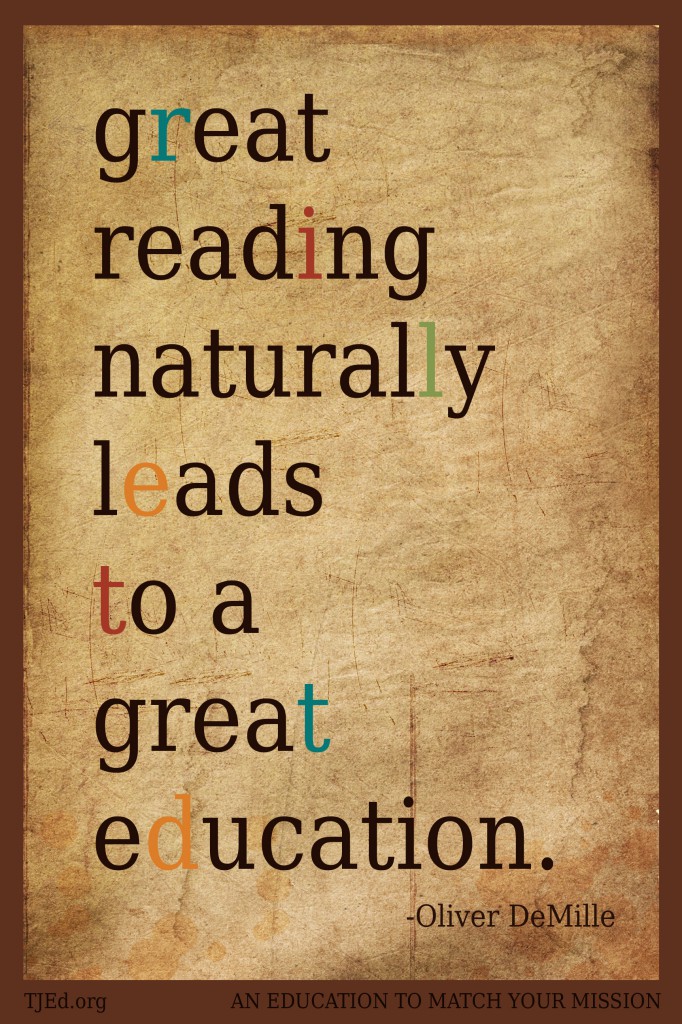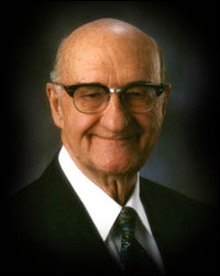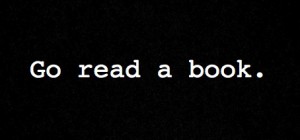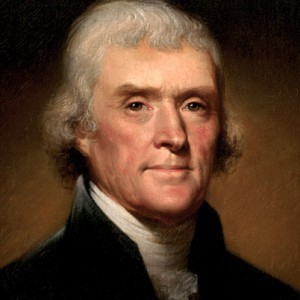by Oliver DeMille
The Libraries of Great Men 
I recently read an interesting and fun article by Jeremy Anderberg entitled “The Libraries of Great Men: Theodore Roosevelt’s Reading List.” It’s an excellent read.
For example, Anderberg wrote:
“Reading books by your ‘mentors’—even if they’re long gone from this world—is a great way to learn and grow…. What if I told you, though, that there is an even better way? Those men that you revere were quite likely readers themselves.
“There were books that they devoured and studied over and over that influenced who they were and how they came to see the world… Or, as David Leach…put it: ‘Don’t follow your mentors; follow your mentors’ mentors.’”
This is really great advice. I learned the most important things about education by reading the books that Thomas Jefferson read. I wanted a “Thomas Jefferson education,” so I set out to read the things he had once read.
Invisible Mentors
This still works today. Reading the best books is the most effective way I know to come face-to-face with greatness. Great reading naturally leads to a great education.
In addition, Anderberg suggests another fantastic way to improve your education, by listening to “a cabinet of invisible counselors.” This means thinking of the greatest people in history, the people you’d most want to be your mentors, and then imagining what each of them might advise you right now in your life—in general, or on some specific topic.
Again, this is excellent counsel. It can provide some of the best ideas and suggestions in your life.
Know When to Put a Book Down
A third recommendation by Anderberg is to follow Teddy Roosevelt’s method of reading:
“He didn’t live by any hard and fast rules of reading in which he had to finish everything he picked up. He did what worked for him, and ended up being one of the most well read men in all of history.”
To summarize, here are three great ways to improve your reading:
1) Think of the greatest people in world history that you’d like as mentors, and imagine the advice they’d give you now on important things in your life—write it down, and pay close attention
2) Find out what their favorite books were, and read them—look for important wisdom on your current challenges
3) Read to learn, not to finish assignments—when you’re learning a ton, keep reading whatever is teaching you so much; when you’re not learning much, either read something different or find a way to get more from what you’re reading
Make What You Know Yours
These three nuggets of wisdom remind me of a quote I read recently. John Locke said:
“Reading furnishes the mind only with materials of knowledge; it is thinking that makes what we read ours.”
Well said. Reading can help us think (in fact, it’s pretty hard to find many great thinkers who aren’t great readers), but too many people don’t focus on thinking while they read.
 The key to great reading is to think, a lot, about everything you read.
The key to great reading is to think, a lot, about everything you read.
If you find yourself struggling to do this, the three items listed above, especially number one, can be a huge help. Try it. Try all three, in fact. They are extremely helpful.
And—as always—teach your students to do the same!
Mentor Challenge:
What are the 5 most impactful books in your life? Have you shared them with your kids/students?
****************
 Oliver DeMille is the co-founder of the Center for Social Leadership, and a co-creator of TJEd. He is the NY Times Bestselling co-author of LeaderShift, and author of A Thomas Jefferson Education: Teaching a Generation of Leaders for the 21st Century, The Coming Aristocracy: Education & the Future of Freedom, and FreedomShift: 3 Choices to Reclaim America’s Destiny.
Oliver DeMille is the co-founder of the Center for Social Leadership, and a co-creator of TJEd. He is the NY Times Bestselling co-author of LeaderShift, and author of A Thomas Jefferson Education: Teaching a Generation of Leaders for the 21st Century, The Coming Aristocracy: Education & the Future of Freedom, and FreedomShift: 3 Choices to Reclaim America’s Destiny.
Oliver is dedicated to promoting freedom through Leadership Education. He and his wife Rachel are raising their eight children in Cedar City, Utah.


































My top 5 most impactful books are (so far — and not including my national book)
Les Miserables by Victor Hugo
The Life of Thomas More by Peter Ackroyd
Lincoln: A Photobiography by Russell Freedman
The Chosen by Chaim Potok
The Journey from Heartbreak to Connection by Susan Anderson